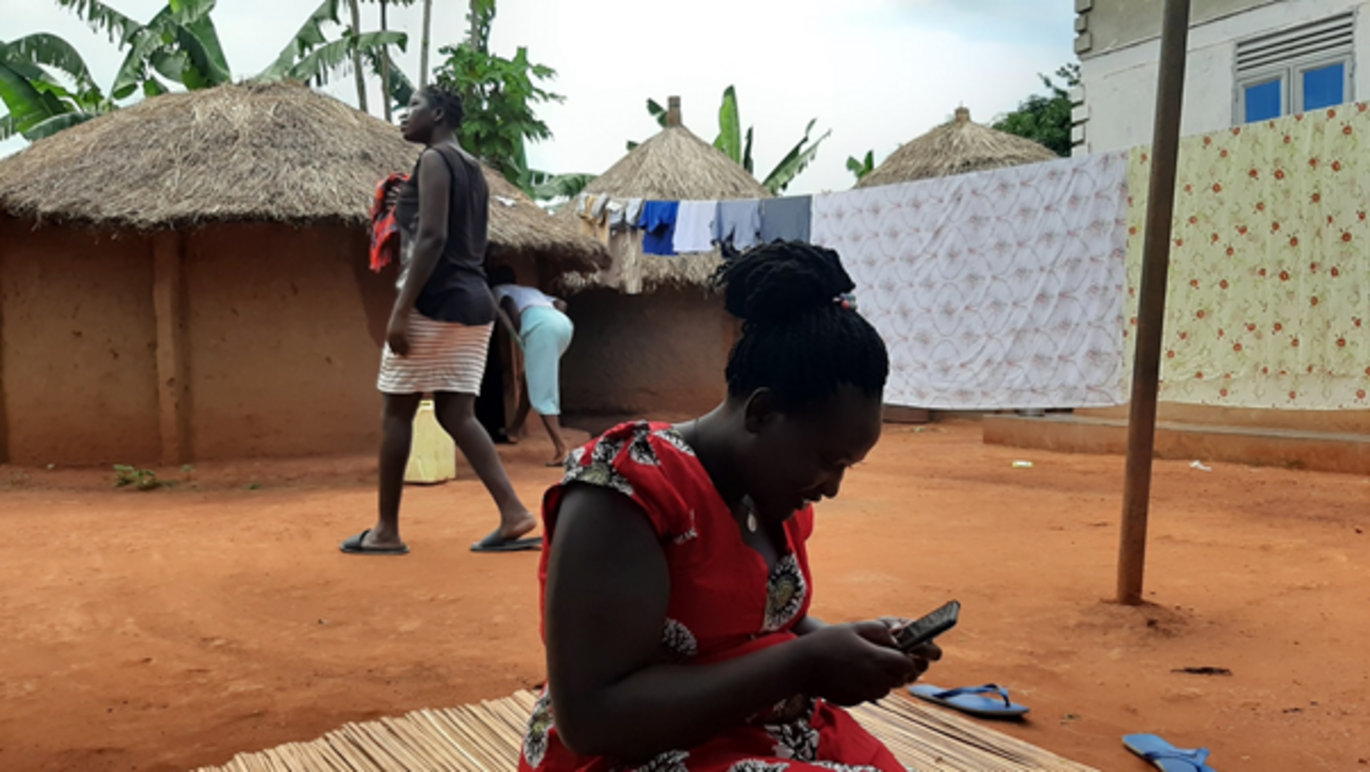Quotes from the field - Jimmy Otim, Gulu University.
Blog post on Bridewealth and the Future of Customary Marriages in postwar Acholi society.

My research is investigating the state and future of customary marriages (changes, stability, plurality and exclusiveness) through the lens of kinship and gender in postwar Acholi society. The study is being carried out in Palaro subcounty, about 47 km north of Gulu town, and in Rom, Aywee village, 4 km east of Gulu town centre.
The anecdote below is part of an ethnography of studying the changes, stability and break of customary marriage in postwar Acholi society.
In February 2020, I visited Pat, one of my female interlocutors in Rom village, Gulu town, to follow up with an interview we had started. I found Pat seated on the papyrus mat, under a small lemon shade. In most of my previous visits, I usually found young men and women, mostly in their mid-twenties playing cards and chatting away and this time, the atmosphere was serene.
However, this tranquil scene was short-lived. Before we could start an interview, three women dressed in miniskirts, whom I had previously seen at Pat’s compound, swept through the yard, moving rapidly and talking in rushed voices. As they reached us, one of the women unembarrassedly asked Pat for some food. Before Pat could respond, two of the women had already gone in the kitchen. As one woman was busy pestering and chatting with Pat, her companions had already scooped all the food for themselves, eating fast as if they had been starving for days.
The women found some meat being baked and some cooked eggs sauce: this prompted them to ask Pat sarcastically if Tom, her husband, was seeing another woman. The saying “a way to a man’s heart is through his stomach” well spread across cultures, is also common among Acholi women: if you want to stop your man from cheating, or from eating your co-wives dish, you must therefore ensure to cook very nice food for him.
Pat grinned. “So, what, Acirokop? I have to take care of my man, unlike you: all your three relationships failed because you could not look after your husband. Don’t you know one of the ways to look after a man, is prepare good food for him? And have you not heard that the way to a man’s heart is through his stomach? Your mother should have taught you these things, you know”. “Yes, I know, I have only been unlucky with these men”, Acirokop answered. “The first man was a drunkard, a womanizer and violent so I could not keep with him, moreover he had not paid any single coin [bridewealth] on me, so I fled. The second man was just for struggling, sometimes we would go without food for days. I was starving, I could die, so I left. The third man had other wives and lied to me. I came to know about the other woman when he sneaked out to receive phone calls. One night while he had gone to take a shower, I checked his phone and I found out about his other relationships. When I asked about them, he became angry and beat me up for going through his phone! I could do everything to make him happy but no, I could not bear it, so I left” Acirokop replied. Akwero, who had been busy eating, interjected: “True, men are difficult, you can’t trust any but if it means looking after your husband, I tell you Pat, don’t give up. Even if he misbehaves outside with other women, he always remembers that he left his wife at home and if gives you money for food, clothes and everything so why not look after him?”. The conversation slowed down; I also moved on, thinking of this brief but fascinating episode. The dialogue complicates the adage about love and food quoted above: the women rejected its validity, because of what they had encountered in life. As Acirokop’s case shows, sometimes efforts are not enough: cooking good food for her husband didn’t stop him from cheating.
